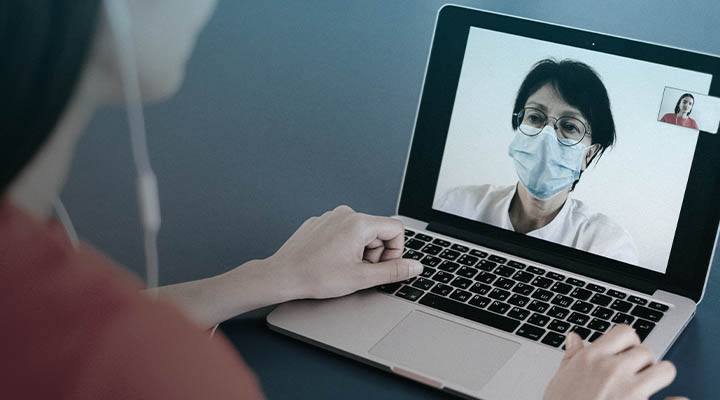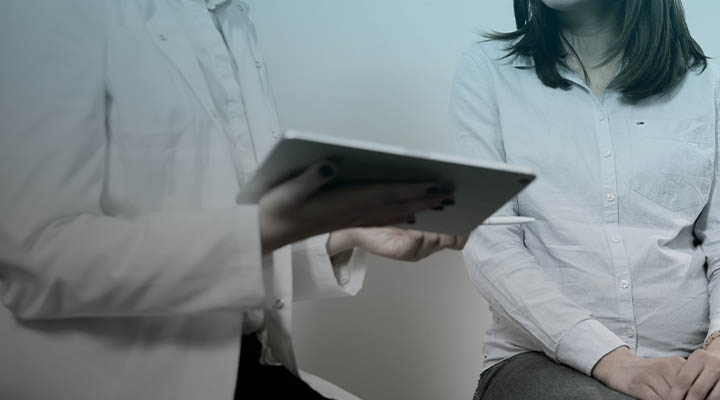At BJSS, we have been working with the NHS for eight years. In that time, we have restructured or built many of the national systems which help the NHS to co-ordinate, deliver and report on activity across England. We have over 250 people working in over 30 programmes in health technology at the moment.
We have been responding to the COVID-19 pandemic by making it easier for people to seek medical advice without leaving their homes, changing the data architecture to enable secondary care to report in COVID-19 related activity and allow the NHS to get in touch with those who are at very high risk to let them know that they should self-isolate for 12 weeks.
This includes reducing pressure on primary care by helping to deliver virtual consultations via the GPIT futures programme, and providing CCGs with signposting on the GP IT buying catalogue for solutions which support the COVID-19 response.
We have also developed and deployed the Fit Note solution that enables citizens who are self-isolating to obtain proof for their employers without needing to attend a GP practice.
In addition, we have been working on the NHS App to allow video consultations from within the App with eConsult, and this solution is currently in testing phase. We have also been improving the NHS Login process, as more people are looking to sign on to the NHS App to manage their care and order repeat medications remotely.
Separately, we have updated the eReferral service to facilitate ‘Advice Only’ clinics, which can help secondary care deliver remote activity, and amended national infrastructure services, such as SPINE and Data Processing Services, to flag COVID-19 patients and those vulnerable due to underlying health conditions.
The NHS App has proved to be an invaluable tool in the response to the coronavirus health crisis. In just two weeks of social distancing and self-isolation, the App saw 50,000 new user registrations. The benefits have been accessing 111 online, booking telephone triage appointments at some GP practices and ordering repeat prescriptions though a nominated pharmacy. This has empowered patients to manage their health whilst reducing physical contact with frontline staff.
Most of this has been delivered whilst our staff have been working from home. Later this week, I will share how we managed to turn our 1,500 strong workforce from office or client based to remote practically overnight.
Published
April 29, 2024Reading time
1 minuteRelated posts





